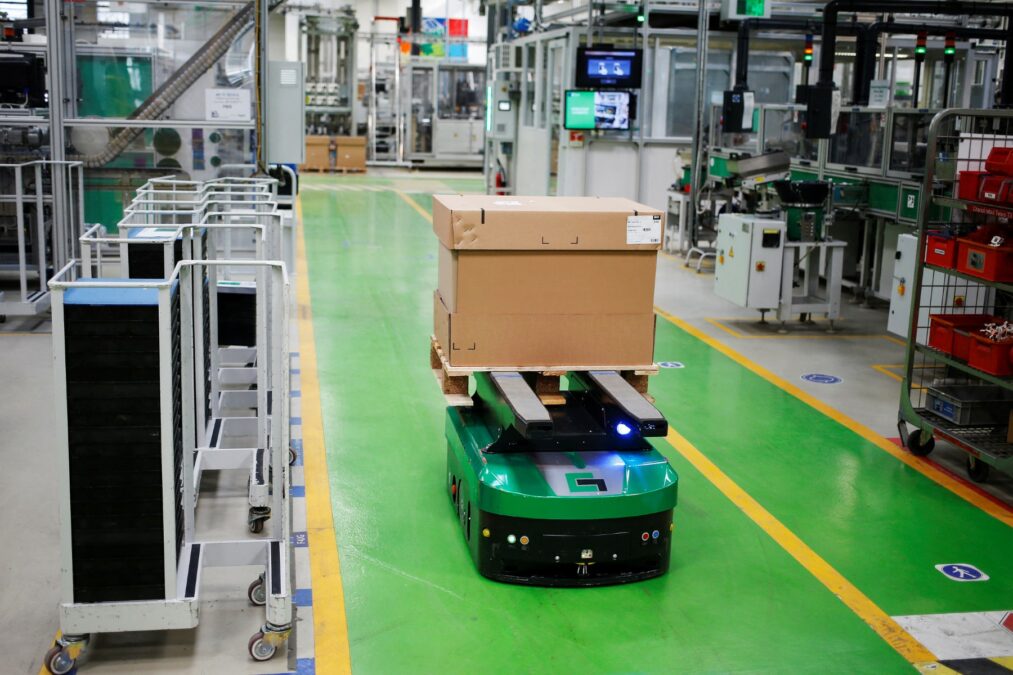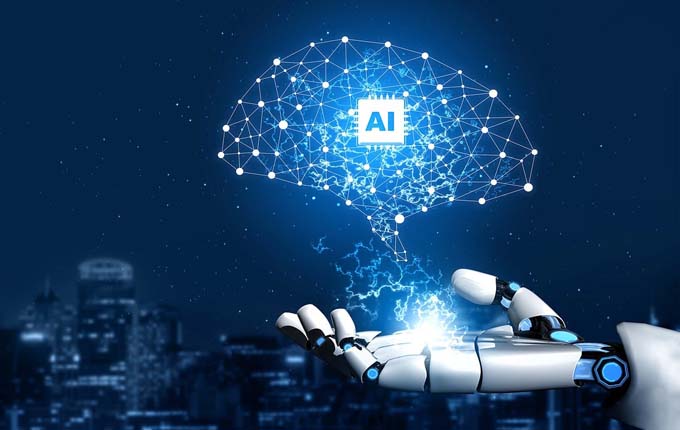Dubai, UAE – The machinery and equipment industry is at a crossroads. While it has traditionally been a pillar of global manufacturing, recent years have seen a growing emphasis on digitalization, sustainability, and innovation.
Bain & Company’s “Global Machinery & Equipment Report 2024” delves into these critical trends, offering valuable insights and a roadmap for companies seeking to navigate this dynamic landscape.
Beyond Products: The Rise of Installed Base Management and Digital Solutions
The report highlights a critical shift from simply selling machinery to offering comprehensive solutions. Managing an “installed base” – the machinery already deployed at customer sites – is becoming increasingly important. Here, digital twins – virtual replicas of physical machines – offer immense potential for remote monitoring, predictive maintenance, and generating new revenue streams through data-driven services. The report emphasizes the importance of continuous data flow, highlighting the challenges and opportunities associated with remote management.
Digital Revolution: Machinery Meets AI and the Circular Economy
The machinery and equipment industry is resistant to the digital revolution. New players are emerging, offering advanced digital solutions that boost shareholder returns and revolutionize customer experiences. The report explores this shift, showcasing how forward-thinking machinery companies leverage these solutions to gain a competitive edge. Additionally, the concept of a “circular economy” – where resources are used for as long as possible – is gaining traction. The report explores how new business models and innovative operating models can reshape profit pools and create a more sustainable future for the industry.
Closed-Loop Magic: AI and the Factory of the Future
The report sheds light on the “magic” of closed-loop product lifecycle management, where data collected throughout a machine’s lifecycle is used to optimize performance and inform future iterations. Artificial intelligence (AI) plays a crucial role in boosting productivity and improving overall manufacturing efficiency. This focus on AI aligns perfectly with the “factory of the future” concept – a highly automated, data-driven production environment. The report estimates that by integrating lean manufacturing principles, digital tools, AI, and sustainability measures, machinery companies can achieve a staggering 30 percent or more increase in productivity.
Building the Factory of the Future: Key Components and Challenges
But how do machinery companies achieve this ambitious vision? The report outlines the critical components of a successful “factory of the future” strategy. This involves more than just adopting isolated technologies. It requires a holistic approach integrating lean operations, digital tools, and sustainability into a comprehensive roadmap.

However, significant challenges remain. Siloed thinking, a failure to integrate new technologies with existing operational models, and an overreliance on traditional lean manufacturing methods can hinder progress. Furthermore, achieving clarity on digital solutions is crucial to ensuring that new products and services actually address customer needs.
Unlocking the Potential: Embracing Change and Overcoming Obstacles
Many companies need help to capitalize on the full potential of Industry 4.0 technologies, leaving significant productivity gains untapped. The report emphasizes the need to address these challenges head-on. This includes navigating the complexities of AI implementation, establishing clear goals, and identifying the most relevant technologies for specific applications. By overcoming these obstacles and embracing a culture of continuous improvement, machinery companies can unlock the transformative potential of the “factory of the future” and propel themselves towards a more productive and sustainable future.
In conclusion, the “Global Machinery & Equipment Report 2024” paints a compelling picture of an industry on the cusp of a revolution. By embracing digital tools, artificial intelligence, and sustainable practices, machinery companies have the potential to not only optimize production but also redefine their role within the manufacturing ecosystem. The path to the “factory of the future” will undoubtedly be filled with challenges.
However, the potential rewards—a 30 percent or more productivity leap and a more sustainable future—are too significant to ignore. By fostering a culture of innovation, collaboration, and a willingness to adapt, machinery companies can seize this opportunity and usher in a new era of manufacturing excellence. The industry’s future is bright, and those who embrace change stand to reap the most significant rewards.








